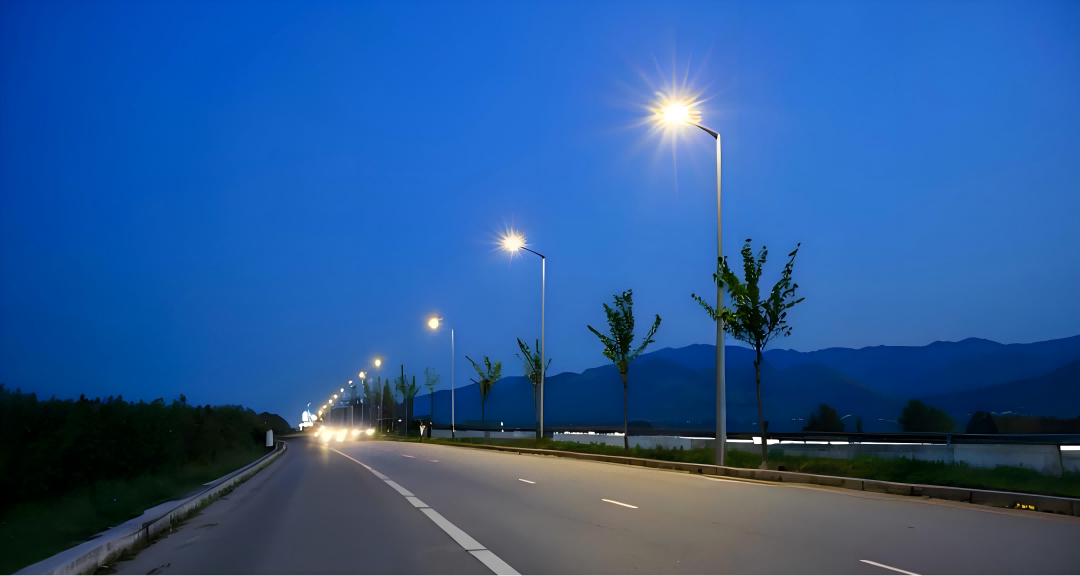Smart street lighting is not just about illumination—it’s a foundational component of the modern smart city.

Key Advantages:
IoT Hub Potential: Light poles can host sensors for air quality, traffic monitoring, and Wi-Fi hotspots.
Data-Driven Urban Planning: Lighting usage patterns help optimize city layouts and energy distribution.
Scalability: Systems can be upgraded to support 5G small cells and autonomous vehicle connectivity.
Case Study: Singapore’s Lamppost-as-a-Platform initiative uses smart street lights to deploy surveillance cameras, environmental sensors, and EV charging stations.
By investing in remote-controlled lighting, cities lay the groundwork for a fully connected, intelligent urban ecosystem.


 Energy Efficiency: How Remote-Controlled Street Lights Reduce Power Consumption
Energy Efficiency: How Remote-Controlled Street Lights Reduce Power Consumption
 Remote Control vs. Manual Control of Street Lights: A Comparative Advantage Analysis
Remote Control vs. Manual Control of Street Lights: A Comparative Advantage Analysis
 Lower Maintenance Costs with Smart Street Light Monitoring
Lower Maintenance Costs with Smart Street Light Monitoring
 Enhanced Public Safety Through Intelligent Street Lighting
Enhanced Public Safety Through Intelligent Street Lighting